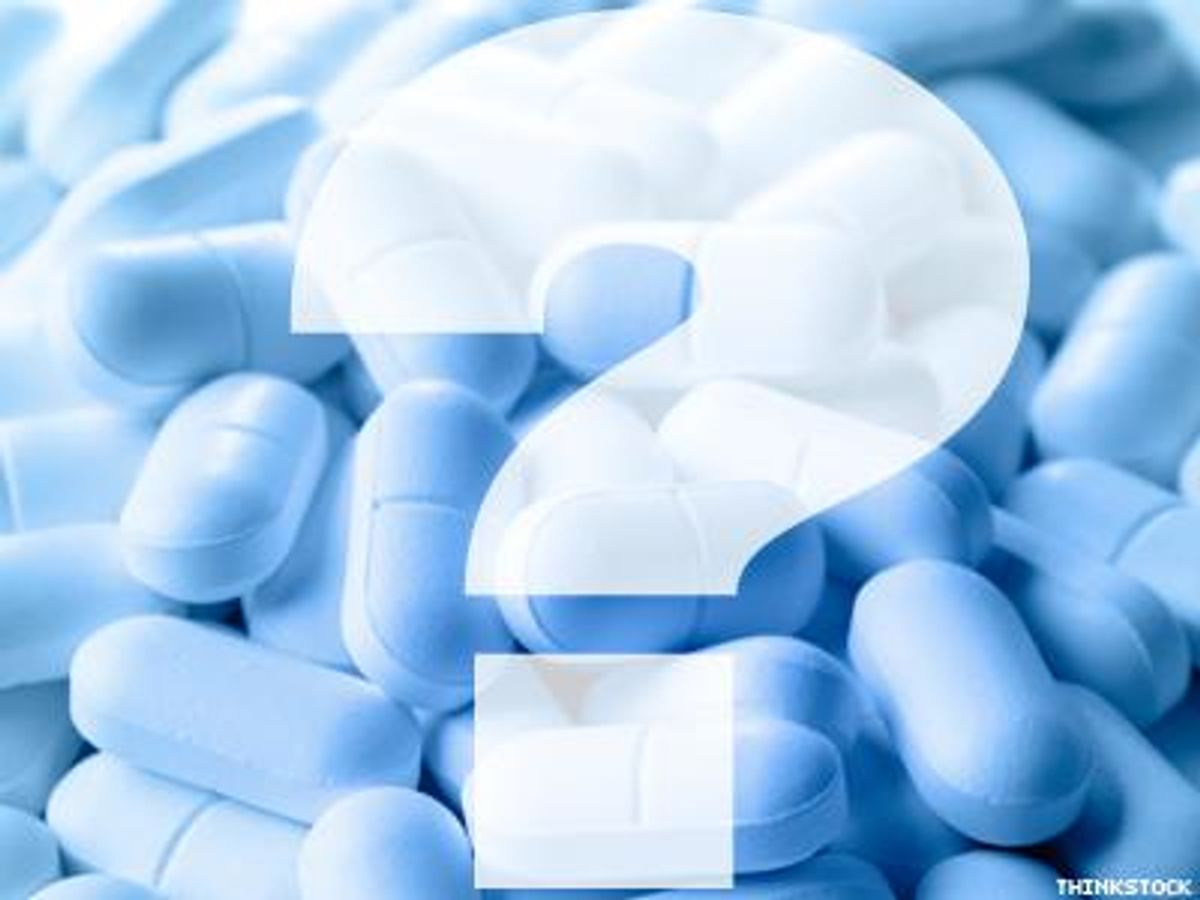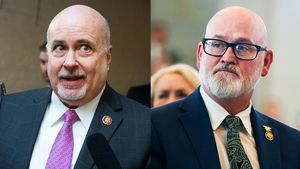[EDITOR'S NOTE: This article originally stated that PEP consisted of three pills given within 72 hours post exposure. That information was incorrect. It has been updated to reflect the real course of treatment. For more information on PEP as a treatment, please click here.]
The gay, trans, and HIV-impacted communities are abuzz with debate over pre-exposure prophylaxis or Truvada as PrEP, with plenty of expert support (including the Centers for Disease Control and Prevention) as well as very vocal proponents. Recently AIDS Healthcare Foundation president Michael Weinstein called the primary medication a “party drug,” and Larry Kramer labeled potential users as “cowards.”
But we should criticize these divisive messages for creating shame around PrEP. I am happy that Truvada provides a prevention alternative. Freedom is about choice, and that’s what our nation was supposedly founded on. But the arc of this debate is proving otherwise, and it has a critical downside: because we are so quick to pass judgment on users of PrEP, we are missing an even bigger treatment question.
I have lived with HIV for more than two decades. I recall a time when we were all highly skeptical of any new treatment. The need for that skepticism has returned. But instead we are allowing name-calling to detract from the real issues. Criticism of PrEP centers on the unknown long-term health effects from taking a daily pill. (Something few straight men worried about when female birth control was introduced.) While I support PrEP, I am equally concerned about its effects on an HIV-negative man when taken every day of his life, whether or not he has condomless sex.
But, I want to know why is there little discussion about the alternative here? It’s called post-exposure prophylaxis, or PEP, and it has been in widespread use in the medical community since the late 1990s. In the U.S., it is the usual course of treatment for potential “occupational exposure” to HIV, such as an accidental needle stick by an emergency room nurse.
The primary difference between PEP and PrEP? PEP only requires 28 days of treatment of two or three antiretrovirals, taken within 72 hours of exposure. That’s it. This regimen has proven as effective as PrEP in preventing HIV from taking hold in an individual. Because of its long-term use in the medical field, there is much more data on PEP than PrEP.
PEP has also become the standard of prophylaxis care for patients in many countries that provide government-funded treatments. In the U.K., much of the European Union, and in many African countries, accidental or periodic sexual exposure to HIV can be remedied with three pills. In the U.S. the same behavior comes at a higher cost: you are expected to be pharmaceutically pro-active, every day of your life. And many pay a steep financial price for protecting themselves.
So why is the U.S. debate dominated by PrEP shaming rather than PEP promoting?
In the U.S., the principal argument against PEP as a standard of care has been access. Our healthcare system is created to prevent drugs from reaching patients until an examination by a prescribing physician. It is presumed that people are incapable of complying with the rules for taking PEP. Currently, any person must be medically assessed after possible exposure, and have a prescription filled within a few hours for it to be effective. But why can’t this prescription be pre-written? Most importantly: Why can’t an individual who occasionally has condomless sex simply have on hand a pre-written prescription for PEP?
The answer stems from our puritanical roots, and our insistence that having PrEP and PEP treatment will equal a need to have condomless sex. (It echoes the flawed argument that condom distribution will increase teen intercourse.) Why do we resist believing that people can learn when to take a pill and when not to? This Puritanism has affected medical education for the worse. Men who have STD screenings receive scolding lectures from their doctors. In Colorado, only one physician in the state will prescribe PrEP and her peers are attacking her decision. Moralism is not medical care.
Sadly but predictably, pharmaceutical companies can cash in on this so-called “morality.” The U.S. is one of the few countries that places the responsibility of marketing a standard of care on the company that creates a drug. Therefore, Gilead can create a regimen model that not only sells more Truvada, but also does so by appealing to the sense of shame by the user. Taking a pill a day for the rest of your life for slipping up sexually a few times? A daily act of penance. Factor in the survivor’s guilt and medical shaming of our community’s sexual practices and it’s the perfect formula to drive the company's profits — so profitable that they can provide co-pay assistance to PrEP users and come off as the good guy. But no such program exists for PEP.
 Pharma companies are not the only opportunist when it comes to moralizing. Our community seems more interested in shaming PrEP users than getting answers about the most effective treatments. Instead of fighting each other, we should prove to Michael Weinstein and Larry Kramer that we are not party animals nor cowards in encouraging the use of PEP and PrEP. We must continue to demand proper treatment, as did the first era of AIDS activists. Rather than accept dosages pushed upon us, we should demand the least dosing required to be effective. It’s time to end the Big Pharma cycle of maximum shame and maximum profits.
Pharma companies are not the only opportunist when it comes to moralizing. Our community seems more interested in shaming PrEP users than getting answers about the most effective treatments. Instead of fighting each other, we should prove to Michael Weinstein and Larry Kramer that we are not party animals nor cowards in encouraging the use of PEP and PrEP. We must continue to demand proper treatment, as did the first era of AIDS activists. Rather than accept dosages pushed upon us, we should demand the least dosing required to be effective. It’s time to end the Big Pharma cycle of maximum shame and maximum profits.
Leslie Smith (pictured right) is a filmmaker and author who penned the new novel, Sally Field Can Play the Transsexual, an honest and unyielding examination of the challenges of gay male life in post-PrEP America. He's also the editor of Leaving The Rest: Gay Men On Alcoholism, Addiction, And Sobriety, and has written for numerous publications, including Premiere, Movieline, OUT, POZ, and The Advocate.

 Pharma companies are not the only opportunist when it comes to moralizing. Our community seems more interested in shaming PrEP users than getting answers about the most effective treatments. Instead of fighting each other, we should prove to Michael Weinstein and Larry Kramer that we are not party animals nor cowards in encouraging the use of PEP and PrEP. We must continue to demand proper treatment, as did the first era of AIDS activists. Rather than accept dosages pushed upon us, we should demand the least dosing required to be effective. It’s time to end the Big Pharma cycle of maximum shame and maximum profits.
Pharma companies are not the only opportunist when it comes to moralizing. Our community seems more interested in shaming PrEP users than getting answers about the most effective treatments. Instead of fighting each other, we should prove to Michael Weinstein and Larry Kramer that we are not party animals nor cowards in encouraging the use of PEP and PrEP. We must continue to demand proper treatment, as did the first era of AIDS activists. Rather than accept dosages pushed upon us, we should demand the least dosing required to be effective. It’s time to end the Big Pharma cycle of maximum shame and maximum profits.











































































